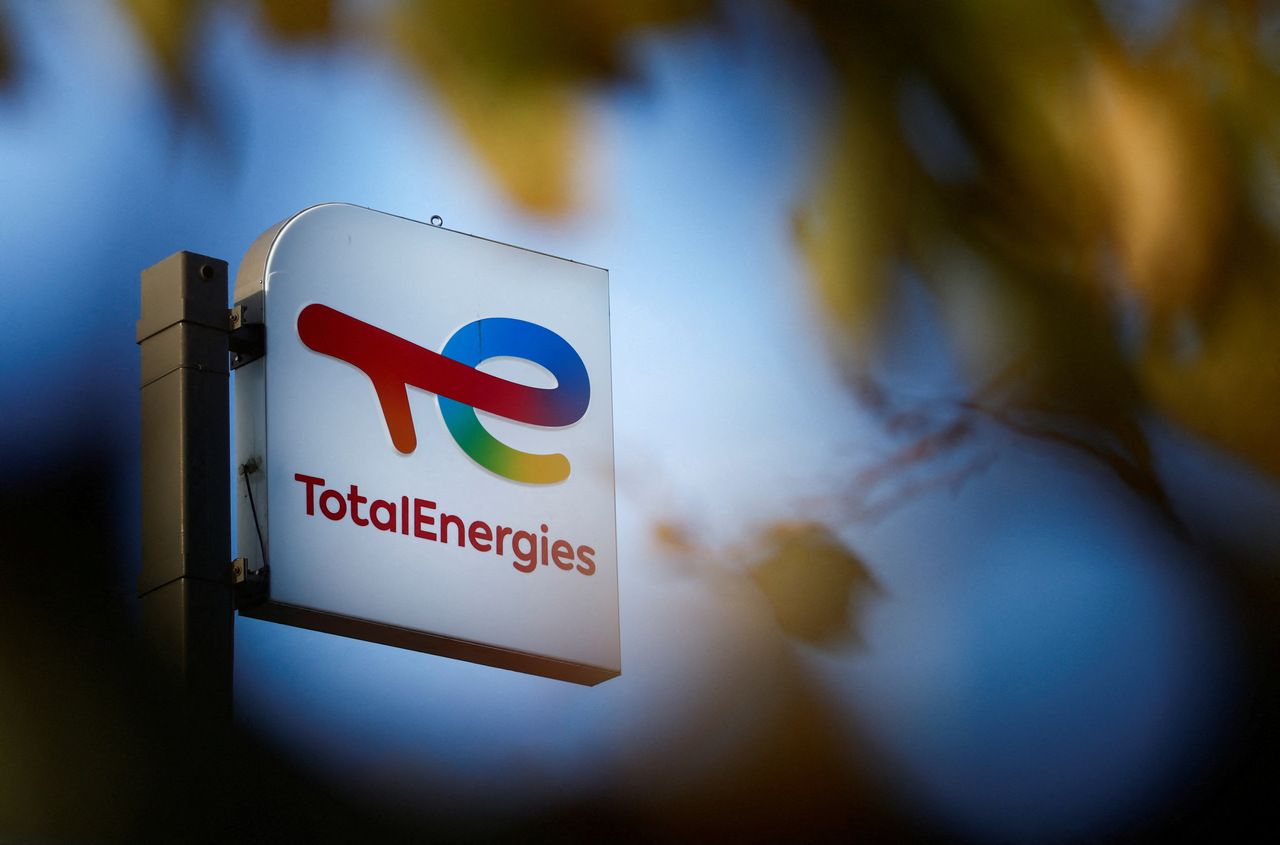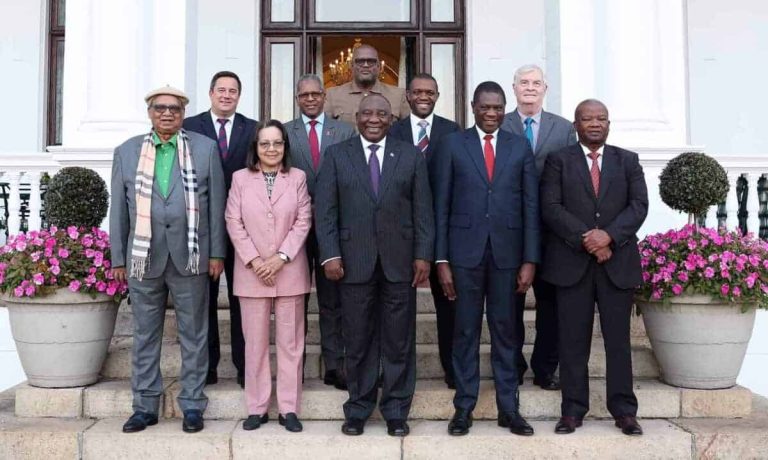
TotalEnergies’ effort to sell its 10 percent stake in the Shell Petroleum Development Company (SPDC) joint venture in Nigeria has collapsed, according to the Nigerian Upstream Petroleum Regulatory Commission (NUPRC). The setback poses a significant challenge to the French oil giant’s strategy of shedding mature, high-maintenance assets to reduce debt.
The proposed deal, valued at approximately $860 million, involved the sale of Total’s interests in several oil-producing licenses and gas assets to Mauritius-based Chappal Energies. The move was part of TotalEnergies’ broader plan to scale back onshore oil operations, which have been marred by theft, sabotage, and community disputes, and refocus on offshore and gas projects, especially those linked to Nigeria LNG.
Chappal Energies was expected to assume both rights and responsibilities in the licenses, signaling its ambition to deepen its footprint in Nigeria’s upstream oil sector. However, despite initial regulatory approval granted in July, the NUPRC has now rescinded this approval due to the parties’ failure to meet critical financial and regulatory conditions within the required timeframe.
In a statement quoted by Reuters, NUPRC spokesperson Eniola Akinkuotu said:
“The ministerial consent was granted with strict financial obligations and deadlines. Unfortunately, both parties did not fulfill these commitments even after multiple extensions, compelling the commission to cancel the transaction.”
Industry sources revealed that Chappal Energies was unable to secure the $860 million funding, which in turn caused TotalEnergies to default on regulatory fees and environmental remediation financial requirements.
This development leaves TotalEnergies with continued exposure to an asset base plagued by operational challenges and environmental liabilities. The SPDC onshore operations have endured numerous oil spills, driven by theft and vandalism, resulting in costly repairs and reputational damage.
The failed sale comes after Shell offloaded its 30 percent SPDC stake in March to a consortium of mostly local companies for up to $2.4 billion. Other majors, including Exxon Mobil, Italy’s Eni, and Norway’s Equinor, have also divested Nigerian assets recently, pivoting toward more profitable ventures abroad.
Chappal Energies, specializing in revitalizing mature and distressed Niger Delta oilfields, closed a notable $1.2 billion purchase of Equinor’s Nigerian assets last year, backed by Mauritius Commercial Bank and commodities trader Trafigura. However, Chappal has not publicly disclosed its financial partners for the TotalEnergies transaction.
Other SPDC stakeholders include the Nigerian National Petroleum Corporation (NNPC) with 55 percent and Eni holding 5 percent.
For TotalEnergies, the unsuccessful exit hinders its plan to reduce debt, which surged 89 percent to $25.9 billion in the year to July. CEO Patrick Pouyanne had projected that divestments, including this Nigerian sale, would generate $3.5 billion by year-end to improve the company’s leverage ratios.
As it stands, Total retains interests in 15 licenses in predominantly oil-producing fields generating about 14,000 barrels of oil equivalent per day in 2023, alongside three gas licenses supplying 40 percent of its Nigeria LNG portfolio.



